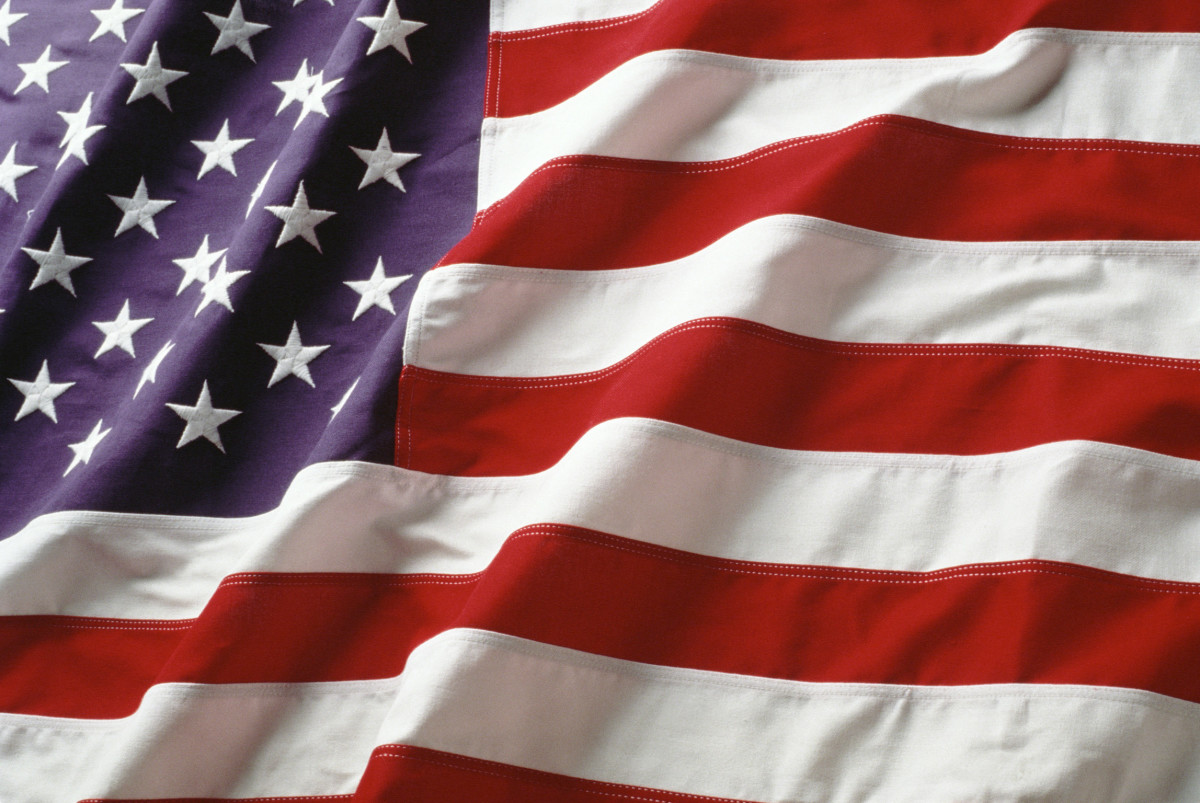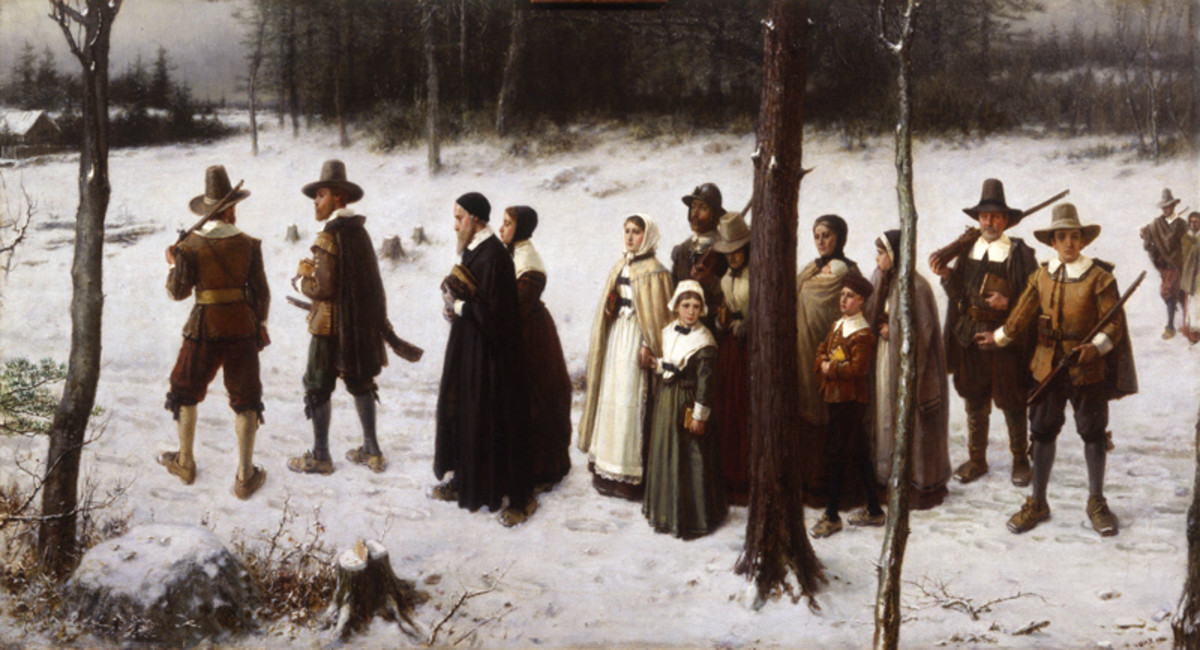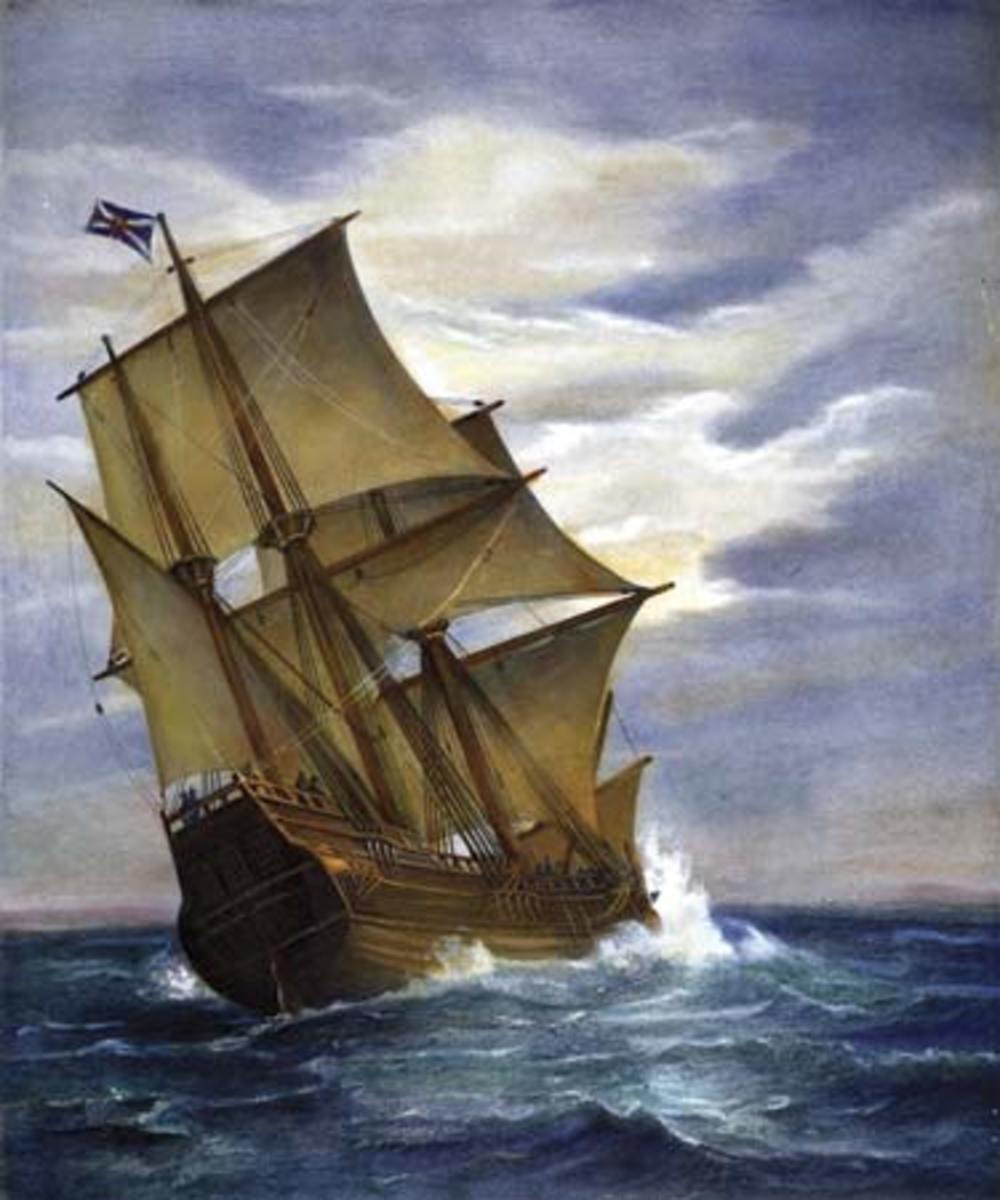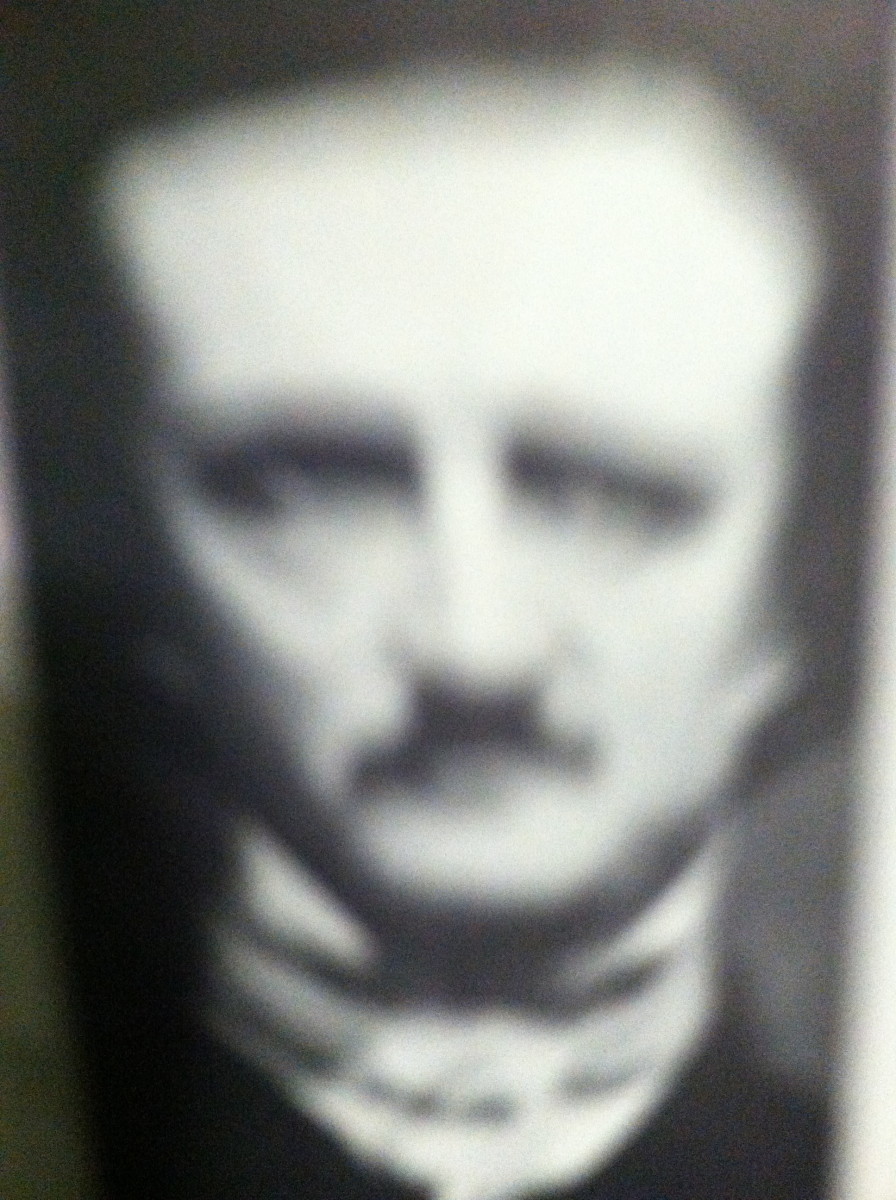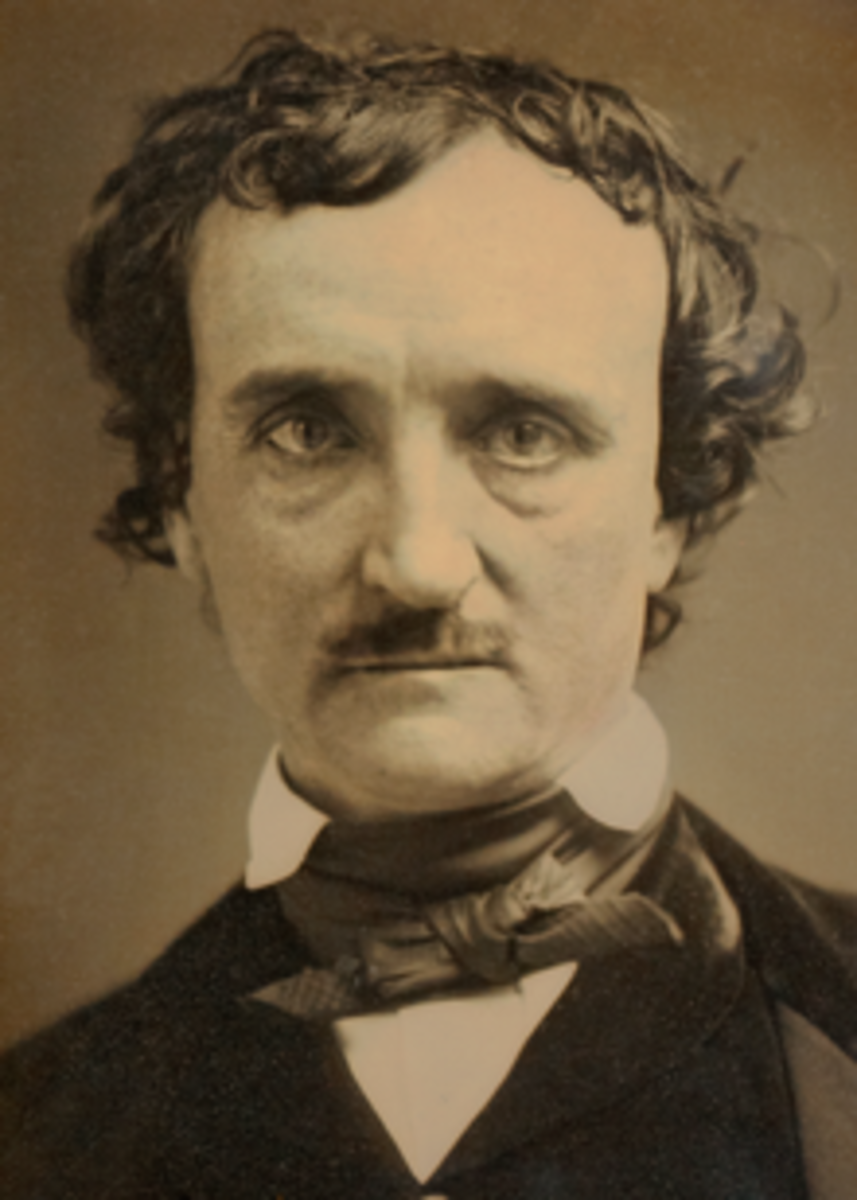- HubPages»
- Books, Literature, and Writing»
- Literature»
- American Literature
Revisiting the Theme of the MayFlower Compact
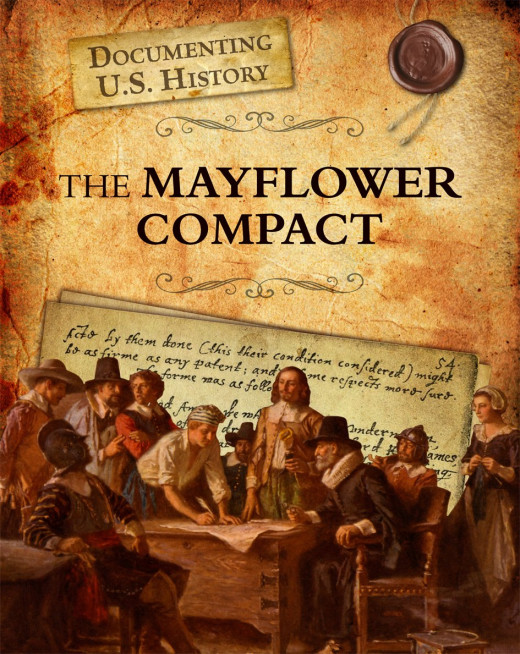
The Mayflower Compact by Bradford is a book that presents popular history for America. The well-narrated story mixes sagacity with fortitude, hesitation, and religious oppression with religious freedom. The author sets to portray that American democracy has its roots in the Mayflower compact between the committed pilgrims and non-pilgrims. In the Mayflower Compact, it is apparent that religion is highly esteemed among the members in this society. For them, the existence of the community was for the Glory of God, and development of the Christian religion. As per the settlers, Christianity was an important factor in ensuring equal laws, and justice for the general good of all people in the land.
Discussion
In the Mayflower Compact depicts the pilgrim’s leaders as people who are easily manipulated and spineless. However, the preceding scenes show them as people who are not only determined, but also strong minded in dealing with all the hardships they encounter. The signing of the Mayflower Compact is a representation of their dream being realized. This is because it gave them freedom to governance and religion. It also represents their long struggle of creating a separate colony, which does not depend on anybody for their survival, governance or religion. The unity in the signing scene of the Mayflower Compact also captures the years of frustrations, disharmony, their political, social and religious life in their Holland, England and their voyage. The main push in depicting this event is to reinforce this unique position of the Pilgrims in the historical books, as well as justifying their nationality.
Not all separatists set out for the new world. The first group in leaving England began heading to the Dutch Netherlands in 1608. While in their new land, the pilgrims became uneasy as their children began embracing the Dutch language while abandoning their English traditions. The pilgrims also found it worse since the Dutch could tolerate different faiths other than their own faith. According to them, their religion was the “upright” one and that paying attention to possessions, as well as the presence of unholy faiths was quiet disgusting to them.
While in Netherlands, the separatist experiment was halted and this forced them to find another good place to establish their society. While some groups went to the Carribbean islands, there were those who decided to venture into the New World in 1920. In 1920, over 100 migrants began a journey to the Mayflower of which one third were migrants. Whenever there was good weather, the deck was full of good and warm food. On the other hand, the villagers had to depend on beer, dried biscuits, dried vegetables, and salted beef when there were storms, and high wind.
Their voyage took about two months whereby, the voyagers had a happy experience when compared with other trans-Atlantic trips. The epochal voyage brought with it one of the greatest twists in the history of human kind. The pilgrims were originally set to Virginia and had wanted to settle to Jamestown. However, they went on to chart a different course. While on their voyage, they were lost in the sea and accidentally found a piece of land, which they later named Cape Cod. When they surveyed the land, they established a camp near Playmouth Rock. They were fearful on venturing the southern part considering that winter was fast approaching.
Prior to setting a shore, the pilgrims had a critical question to answer which had been troubling its members. Since their landing was not based on the jurisdiction of the Virginia Company, they did not have a charter that could govern them. They were therefore; set up to determine the governance structure of their society. This resulted into the landmark Mayflower Compact in 1620 where it was agreed that the Pilgrims could govern themselves on the basis of majority rule. The strong desire for independence led to establishment of the culture of self-governance, which later led to resurgence of town meetings as well as elected legislatures in the early England.
When establishing the Mayflower Compact, those who signed it had a perception that covenants were not only to be honored between man and God, but also between one another. The pilgrims were people who had always honored covenants as one way of maintaining their religious integrity and agreed to be bound by the specific principle of the compact. Indeed, men and women who revered God and framed their principles upon the word of God established America. They adhered to such values as reliability, honesty, and fairness in creating their own country for the sake of its survival. Since that time, most founding fathers of America have been quoted as living through biblical values.
The Mayflower Compact reads like this
“In the mighty name of our God, Amen. We the humble subjects of our King James, and by the grace of our almighty God, the ruler of England, France and Ireland, commit ourselves in establishing a colony in Northern part of Virginia. In this endeavor, we the citizens presents a solemnity in the Lord’s presence, an agreement that is purposed to combine all subjects into a civil body, for furthering of oils, enhanced preservations and ordering. Through the virtue and values of constituting, framing, offices, ordinances and framing of equal and just laws, we set a promise of obeying and submitting the virtues for the general good of the society”
Patrick Henry (1736-1799) who had been a governor in Virginia reinforced the high regard for religion among the pilgrims. The governor articulated that amongst other strange things was that the deities as one of their number considered him. In addition, some people taught that he was not a Christian. The thought gave him more pain when compared to the Tory appellation. According to him, religion should be given higher significance than things such as politics. He continues to articulate that being a Christian and reverence for God was a character which he priced above all things in the world.

